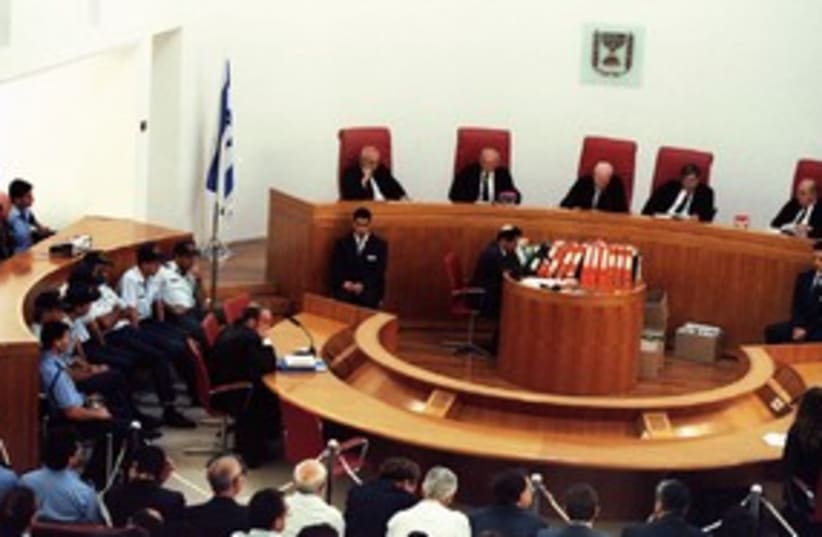The writer is the president of the Dutch NGO, Srebrenica Historical Project.
To extradite or not, that is the question
In this extradition case, the accused is not German but an Israeli citizen with Balkan roots.

The writer is the president of the Dutch NGO, Srebrenica Historical Project.